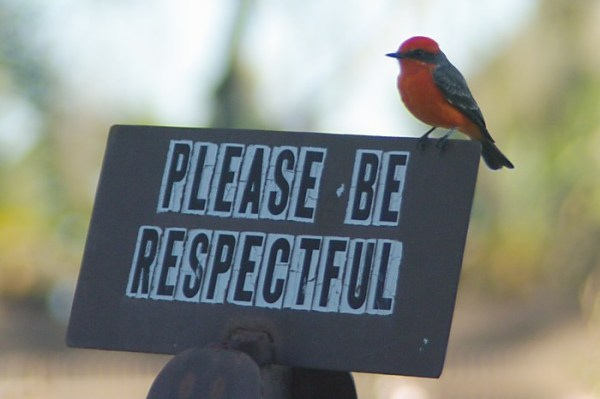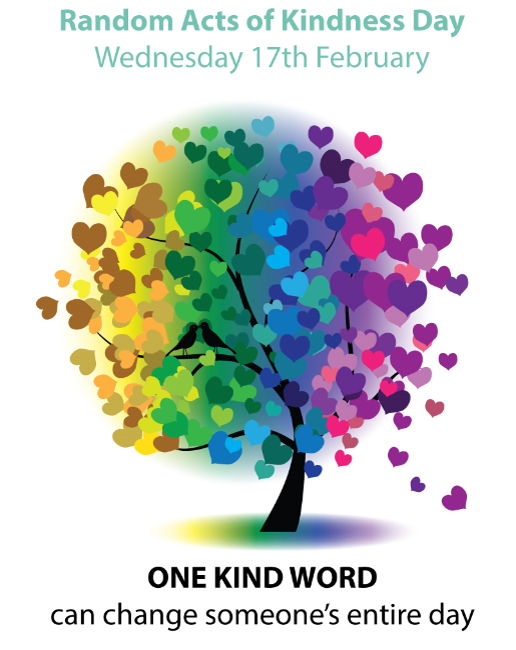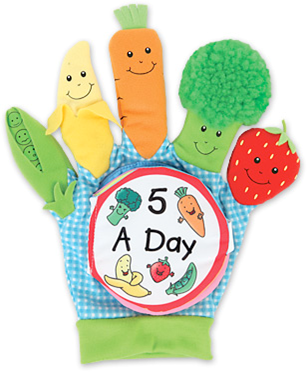I am entrench in a range of value based education conversations; with staff at school, with our student-leaders, with students, on Twitter with other typically vested professionals and a range of documents from the Jubliee Centre
Good character is the foundation for improved attainment and human flourishing.
I am sure this agenda loosely connects with the future employment and mentoring agendas seeping our of the DfE, as well as the rather obvious “Character” agenda, with the expectation of weaving these themes into the fabric of school life. We have the RESPECT pledge and now my colleagues are very deliberately taking the respectful behaviours into the classroom as “respectful behaviours” and lastly providing a range of opportunities to show RESPECT in school. The RESPECT rewards cards shared with local vendors for them to recognise RESPECT in the community, the RAK project next week, character thorough sports, performance and our Cadets, through social action and the House system and finally the work on the RESPECT Diploma, all adding value to the cultural capital of the school.
What the Teaching, Learning and Student Welfare VPs did
- Consulted with staff, parents, carers and pupils
- Identified the most disruptive behaviours
- Created a list of our desired ‘respectful classroom behaviours’
- Revised the sanctions (punishments) for disrespectful behaviour
- Created the IT systems and duty rotas to support the new sanction system
What did they report?
Our staff reported a handful of concerns. The loss of teaching/learning time due to time spent addressing “low level” distractions/behaviour. Concerns that the opinions of visitors to the schools and ultimately inspectors decisions would be negatively influenced by their perception of low-level disruption. Lastly our leaders recognized the impact is disruption on student motivation and behaviour on staff happiness and potential retention.
Parents said they were in support of a step-change, directly associating “school climate” with their child’s happiness.
Our student feedback also suggest that the school was ready to a step change. Our students clearly identified the impact of low level disruption, “talking over the teacher,” the most disrespectful and common type of low level disruption in their eyes.
Lastly they reported the collective findings to staff at our January INSET and through written communications and assemblies with parents and students.
Why invest in respectful behaviours
In the same way that students need to be taught about value and virtue to be able to understand and live by it, it was felt that students should be taught/shown what respectful behavior looked like. From the investigations, the following behaviours were shared.
- Be on task – writing, reading, speaking or listening attentively
- Face the speaker
- Have your planner on the desk (on green/amber/red)
- Have the correct equipment with you for the lesson
- Start work quickly, following instructions
- Enter and leave the classroom in an orderly way
- Speak respectfully to each other and to the teacher
- Speak only when appropriate (not calling out unnecessarily for attention or talking over the teacher)
- Follow all teacher directions without argument
- Avoid making inappropriate disruptive comments for attention
- Avoid aggressive physical contact (pushing, barging, tripping, kicking, slapping, flicking etc.)
- Stay in your seat unless you have permission (or in the event of an emergency)
- Avoid other deliberately disruptive behaviour (tapping, whistling etc.)
At the same time our Teaching, Learning and Assessment lead, reinforced how our teaching could support the adoption of more respectful behaviours.
- Do It Now Task – Response to, or improvement of, work. Completion of deliberate practice tasks. Other starter activity.
- Learning Goal(s) – Giving learners the big picture. Explaining the relevance to them. Appropriately framed.
- Success Criteria – Modelled work of different standards. Agreement of the success criteria in advance of learning. Reference to success criteria during interactions.
- Effective AfL – Plenaries. Questioning. Peer and self-assessment
- Regular and effective feedback – Marking in line with department policy. Subject specific guidance. Evidence of redrafting and improvement.
Perhaps the no clearer than our adoption of “Do it now starter tasks.” With a rewards system set up to recognise Respectful behaviours.
When you consider the investment covers behaviour, teaching, learning and assessment, rewards, sanctions, reporting, character and enrichment opportunities, house system – it shows just how comprehensive and how significant values education has in school and community life.
I look forward to seeing how the RESPECT agenda and the respectful learning behaviours evolves in class support and in the academy this term.
[qr_code_display]



